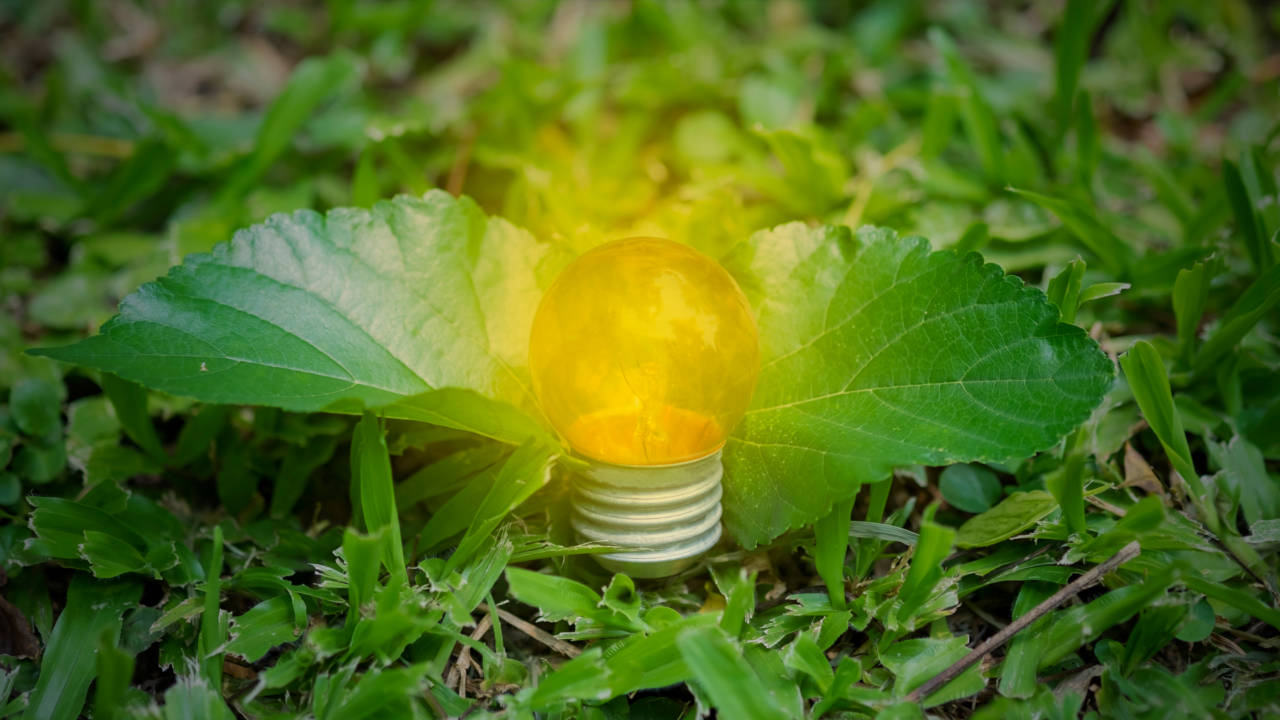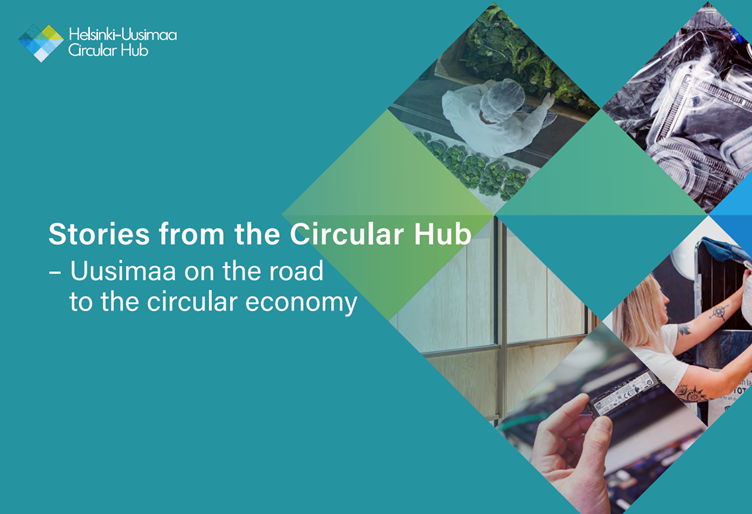Textile circular economy in new ways of production

Good business prospects for the Helsinki-Uusimaa Region to produce textiles by recycling – as stated in a recent BRIDGES project report.
The strengths and weaknesses of a production of this kind, along with the possibilities of collaboration, were presented in a current report on value chain mapping in regional recycled textile processes. Results show that there are good possibilities for a textile production based on recycling in Helsinki-Uusimaa. Our competitive edges are the advanced research results and the infrastructure already located in the region, as well as an innovative-based domain.
According to the report, the mapping reveals that there is potential for a production of recycled textiles, for starting production chains and re-locating textile production under the precondition of automating the production process. This supports a faster transformation of the regional economy and the development of a new specialised industry.
Infinited Fiber Company and Rester as forerunners
Many growing refinement plants in the recyclable textile industry with actors focusing on circular economy are found in Finland. New textile fibres can be produced by using the method created by Infinited Fiber Company, which is collecting, processing textile waste streams and offering regenerated fibres. Its Infinna fibre can also be produced by using raw material from other waste and side streams containing cellulose, for example from recycled cardboard and paper, as well as from agricultural and food production side streams including wheat straw.
Rester is a Finnish company offering textile recycling solutions and enabling the recovery of business textiles into a new textile fibre and quality raw material.
A new form of Industry based on recycling textiles and producing new textile fibres is offering some comprehensive possibilities for international companionships and production chains. The demand for high-class luxury products and qualitative plastic-free textiles makes it possible to start new ways of production, along with various alteration services. Increasing collaboration throughout the production is to be expected, or at least a clear interest can already be seen – not only in the Baltic Region, but also in other parts of Europe.
The EU aiming at circular production
The European Commission has ruled to make the recycling of textile waste compulsory by 2025. Consequently, quite a few new circular economy plants are needed in the years to follow.
The EU aims at having all textile products launched into the European markets in 2030 as durable, renewable and mainly produced of recyclable fibres. The commission’s vision is to have the textiles free from harmful substances, also produced by respecting all social rights and the environment. Recycling could replace the burning or dumping of textiles. However, this calls for innovative recycling technologies for fibres and new, more responsible business models.
The report mentioned belongs to the project BRIDGES, which was implemented in 2016–2022 and funded by the EU Interreg Europe Programme. Mapping results were discussed during the meeting of BRIDGES and BERRY+ project teams at our office of Helsinki-Uusimaa Regional Council on September 27th to 28th.
Find out about BRIDGES report
Take also a look at these
 News
News
1.7.2025
Helsinki Regional Council committing to green deal agreement: reducing the use of natural resources to the level of 2015
Circular economy is no longer a mere environmental accomplishment - it is also about competitiveness, security of supply and generally, savings. To promote a sustainable resource-wise future, the Helsinki-Uusimaa Regional Council has joined a regional green deal for circular economy. The green deal is a voluntary commitment in which the participating municipalities are offered support for concrete actions and gives them new opportunities to find solutions and start pilot projects.
 News
News
26.6.2025
Stories from the Circular Hub – Helsinki-Uusimaa on the road to circular economy
More and more sectors are now furthering a transition to circular economy. The Helsinki-Uusimaa Circular Hub was an import cooperation platform for circular economy solutions in the Helsinki-Uusimaa Region, founded in 2023. Highlights from the first project years of the Circular Hub have now been put together in the publication Stories from the Circular Hub, raising both the updates of the sectors and the actors of the regional Hub.